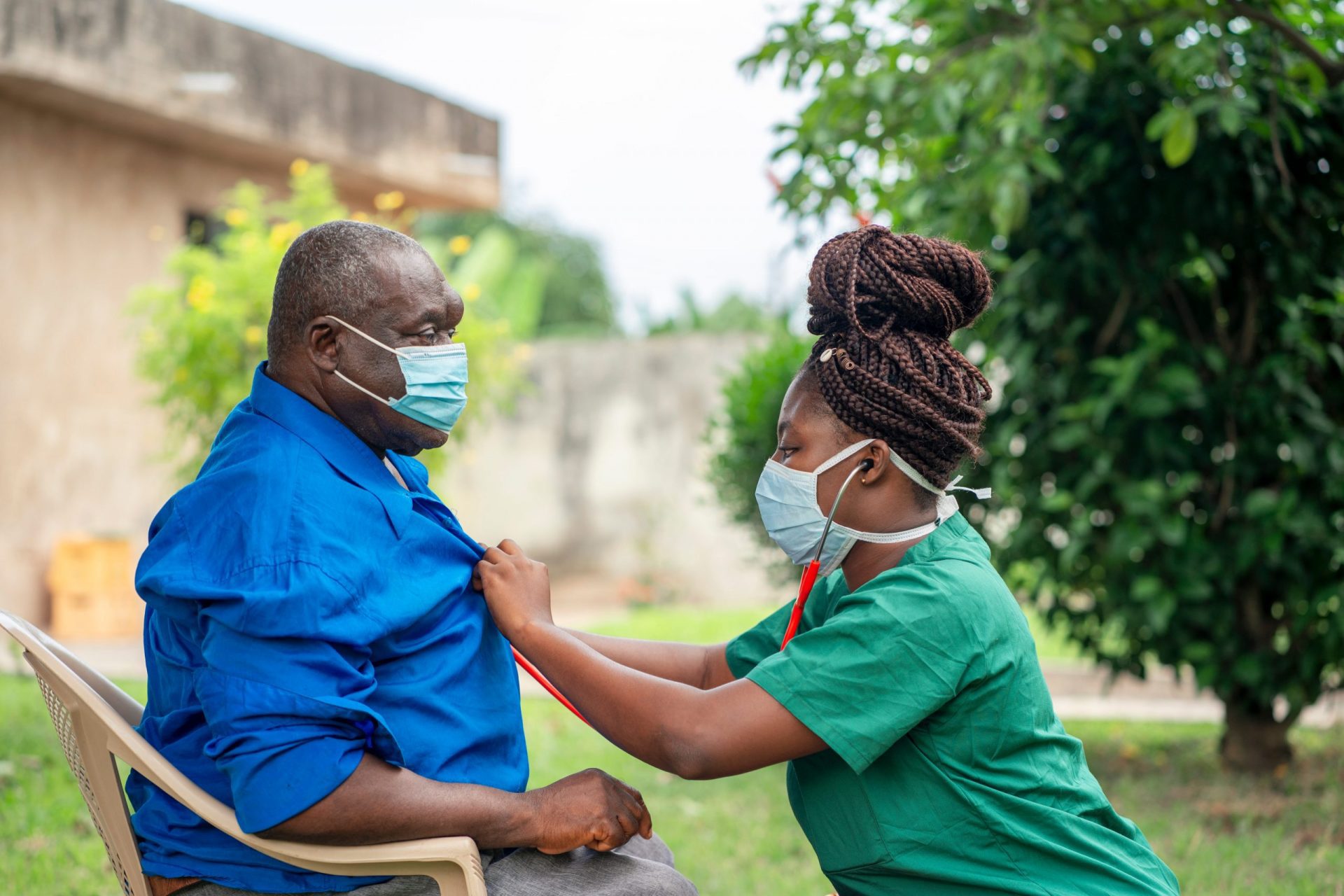Ovarian cancer, often called the silent killer, presents one of the most serious health threats women face globally. Its subtle symptoms frequently mimic less severe conditions, leading to delayed diagnosis in many cases. This challenge makes understanding treatment options particularly crucial for women facing this diagnosis.
Treatment paths depend heavily on several factors including the stage at diagnosis, cancer type and overall patient health. Understanding available options helps women navigate the complex journey of managing this condition while maintaining hope for recovery and improved quality of life.
Core surgical approaches
Surgery remains fundamental in treating ovarian cancer. Doctors typically remove as much cancer as possible through cytoreductive surgery or debulking, which often involves removing both ovaries, fallopian tubes and sometimes the uterus. This intensive procedure forms the cornerstone of most treatment plans.
Younger women diagnosed in early stages may qualify for fertility-preserving surgery, allowing them to retain the ability to conceive while treating the cancer effectively. This option proves particularly important for women planning future families, though it requires careful evaluation of each case’s specifics.
The role of chemotherapy
Most treatment plans incorporate chemotherapy after surgery to eliminate remaining cancer cells. Platinum-based drugs like carboplatin and cisplatin, often combined with paclitaxel, form standard treatment protocols. These medications target cancer cells throughout the body, helping prevent recurrence.
Oncologists may administer chemotherapy either intravenously or directly into the abdominal cavity through intraperitoneal chemotherapy. Each method offers distinct benefits and challenges, requiring careful consideration of individual patient needs and overall treatment goals.
Advanced treatment options
Recent medical advances have expanded treatment possibilities. Targeted therapies focus on specific cancer cell abnormalities, with PARP inhibitors showing particular promise for women with BRCA mutations. These medications prevent cancer cells from repairing their DNA, leading to cell death.
Immunotherapy, while still emerging for ovarian cancer, helps the body’s immune system identify and attack cancer cells. Ongoing clinical trials offer access to these cutting-edge treatments, providing hope for patients who may not respond to traditional approaches.
Hormone-based approaches
Some ovarian cancer subtypes respond well to hormonal therapy. Medications like tamoxifen or aromatase inhibitors can slow tumor growth in specific cases, particularly in low-grade serous carcinoma. These treatments often provide additional options when managing certain types of ovarian cancer.
Managing physical effects
Cancer treatment impacts the body in various ways. Fatigue, weakness and nausea commonly occur during chemotherapy treatment. Anti-nausea medications help manage discomfort, while balanced nutrition and appropriate rest support overall strength.
Hair loss, though temporary, can significantly affect patients emotionally. Many women find comfort in using wigs, scarves or hats as forms of self-expression during treatment. Light exercise, when appropriate, helps maintain physical strength and emotional well-being.
Emotional support needs
The emotional impact of ovarian cancer treatment often proves as challenging as physical effects. Professional counseling, support groups and therapy provide crucial emotional support during treatment. Sharing experiences with others facing similar challenges helps many women cope with their diagnosis and treatment journey.
Prevention and detection
Early detection significantly improves treatment outcomes. Regular gynecological examinations, family history awareness and genetic testing for BRCA mutations play crucial roles in prevention and early intervention. These proactive measures can lead to earlier diagnosis and more treatment options.
Women with high genetic risk may consider preventive surgery options like prophylactic oophorectomy before cancer develops. This decision requires careful consultation with healthcare providers to weigh potential benefits and risks.
Support networks
Treatment success often depends on strong support systems. Family, friends and healthcare providers form essential networks for patients navigating treatment decisions and managing daily challenges. These support systems help women maintain hope and determination throughout their treatment journey.
Organizations like the National Ovarian Cancer Coalition and Ovarian Cancer Research Alliance provide resources including educational materials, financial assistance and clinical trial access. These organizations help connect patients with vital support services and information.
Looking forward
Research continues advancing ovarian cancer treatment through personalized medicine approaches and innovative therapies. These developments offer increasing hope for better outcomes and treatment options for future patients.
While facing ovarian cancer presents significant challenges, combining medical expertise with emotional support provides paths forward for many women. Through continued medical advances and comprehensive care approaches, treatment options continue expanding, offering hope for improved outcomes and quality of life.
This story was created using AI technology.














